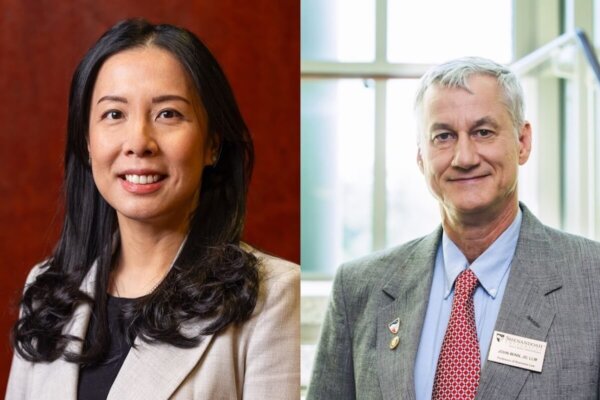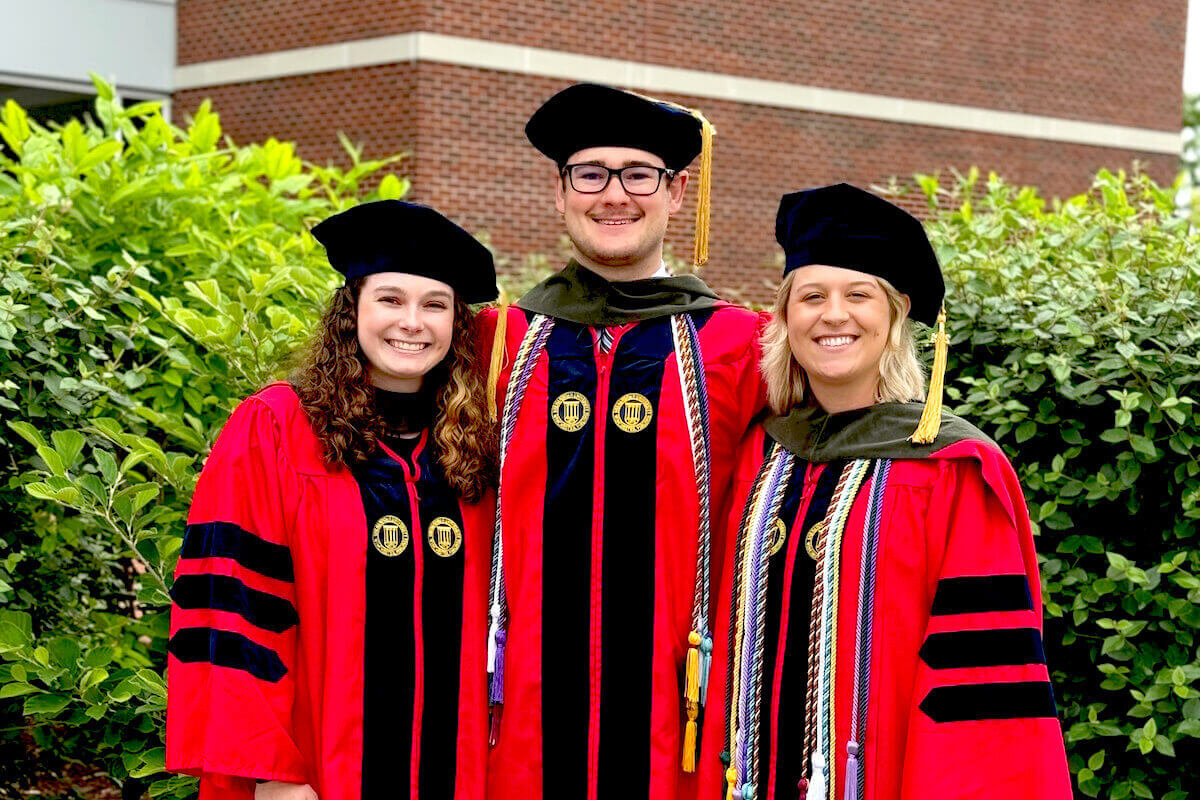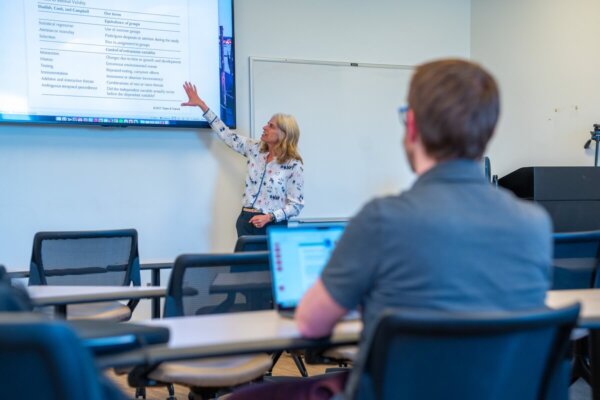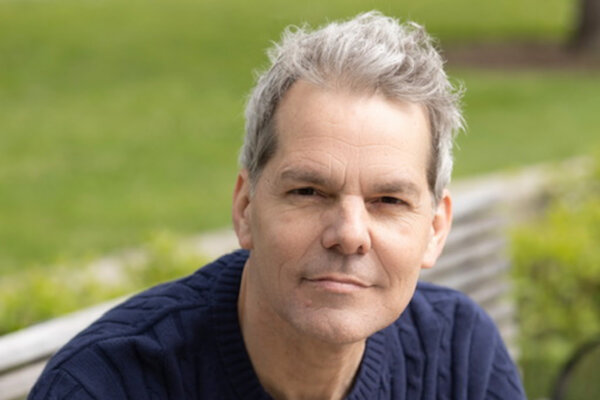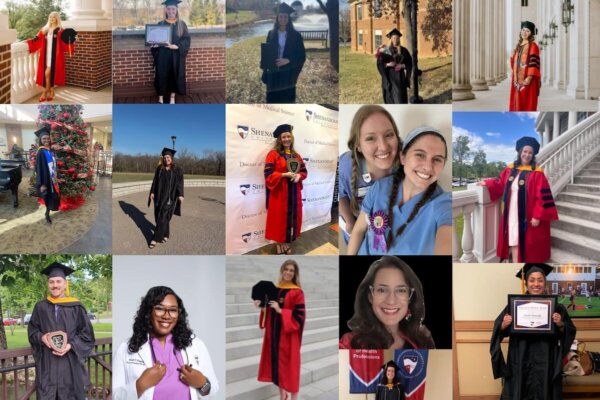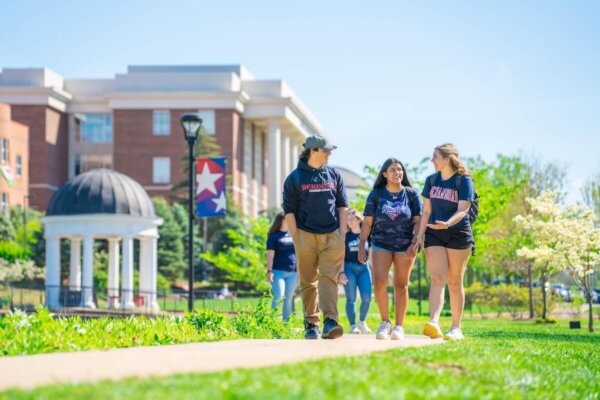‘Do All The Good That We Can’: The Work Must Continue
A message from our three chief diversity officers
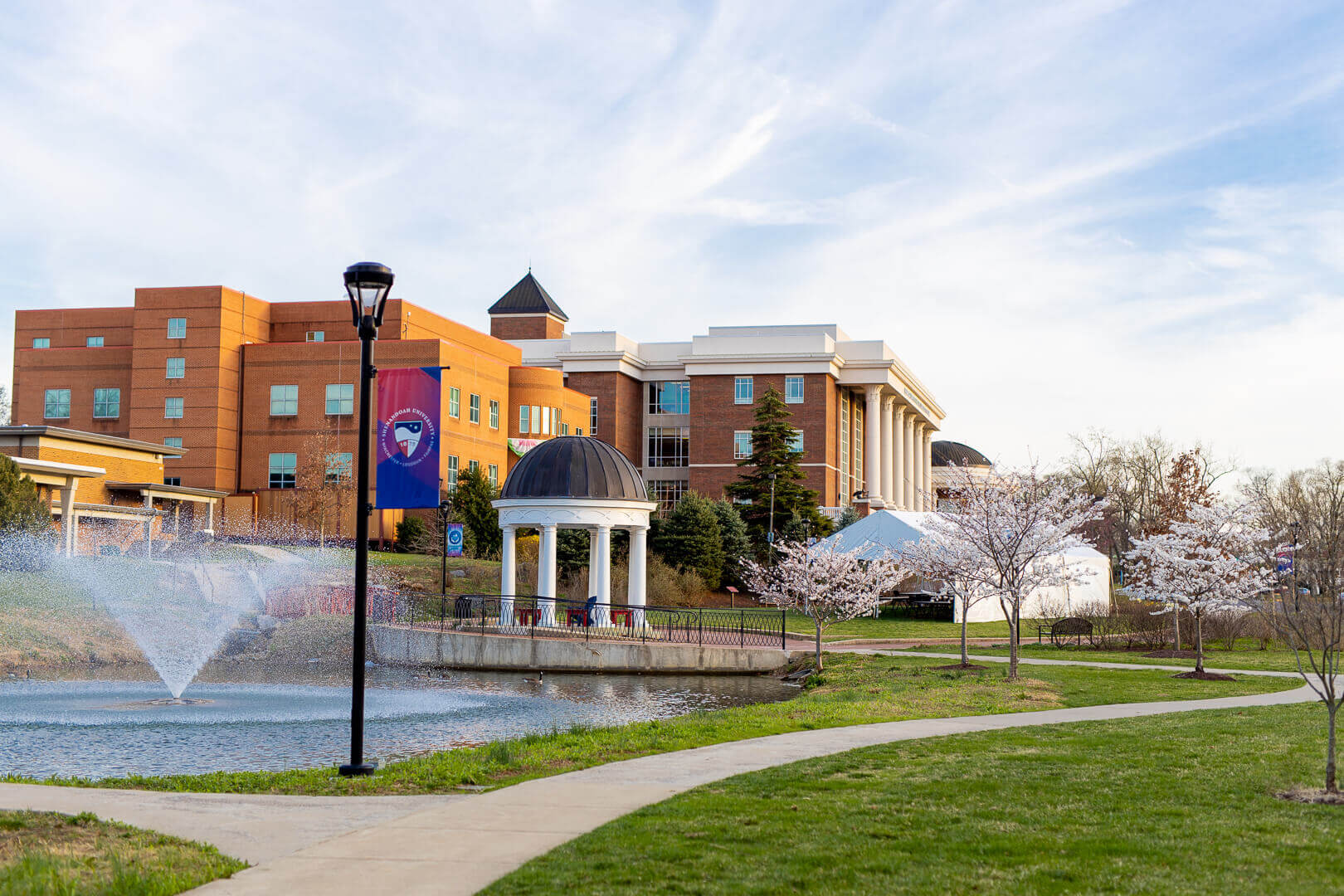
Nearly a year ago, in response to the murder of George Floyd and the systemic racism connected to that, Shenandoah made a statement and launched anti-racism actions. This week’s guilty verdicts of Derek Chauvin for the murder of George Floyd provide a measure of accountability and a brief collective exhale of relief.
For our society and our campus community, this accountability is a welcome change. In trial coverage commentary by retired law enforcement members, we heard quotes like “the work of our generation is to put unaccountable policing behind us” and to say “goodbye to old practices that no longer serve us.” These officers’ comments are notable and corresponding actions are appreciated.
We want to convey the continued need to keep moving towards justice. As the trial led up to the verdict, there was some fear that there would be no accountability, similar to the perpetrators of police violence on Rodney King in 1992, and so many others since. With this verdict serving as some relief, there are still lingering questions of sentencing and appeals. Will accountability hold firm? What happens in other cases involving the excessive use of force when someone is not there with a camera to capture the killing of Black people by police? Will there still be accountability, and what does true “justice” look like?
The sentencing of Chauvin does not mean everything is fixed. We must continuously examine law enforcement management that allows for the killing of Black and Brown people at such high rates. Of equal concern are law enforcement policies that increase confrontations with police, such as racial profiling, which result from and lead to the dehumanization of the Black body in this country.
Considerable research has documented numerous racial disparities in our criminal justice system. The Supreme Court once banned the death penalty as cruel and unusual punishment because of racial disparities in its application. We’ve seen law enforcement exhibit considerable training and experience in de-escalating confrontations in ways that minimize the use of force. Others are often, and commonly, restrained, arrested and taken into custody without being subdued by bullets or tasers. If this sort of training had been used in confrontations with police, George Floyd, and so many others, would be alive.
The public has recently learned of more confrontations with police involving excessive force that often led to lethal force. What about Daunte Wright, Adam Toledo, and Lt. Caron Nazario in Virginia? What about Atatiana Jefferson? What about Breonna Taylor and no-knock warrants? Are these all merely isolated incidents?
The Stanford Open Policing Project revealed that while police tend to find more guns, drugs, and other contraband on white drivers, Black drivers are searched 1.5 to 2 times as much. Daunte Wright was stopped for an air freshener in the window. The Department of Justice’s ‘Ferguson Report’ showed how communities of color are disproportionately overpoliced in ways that allow municipalities to generate money. Small and minor misdemeanor charges then become criminal warrants when people are unable to pay, serving to escalate traffic stops. We believe it fits within our role to show some of the systemic underpinnings that continue to support police and state violence against Black and Brown communities. Daunte Wright probably would be alive today without the existence of what has been mentioned. He should not have been in the situation. He was afraid, and rightfully so.
But we want to think there are reasons for hope. Virginia recently passed into law the ending of pretextual policing. As of March 1, police in Virginia can no longer stop people for several minor infractions such as dangling objects, the smell of marijuana, jaywalking, or dark window tint. These have disproportionately led to stops of people of color.
It is our hope that this is only the beginning of more accountability toward a just system not just for people of color in Virginia and throughout the country but for everyone. It is imperative that we as a community no longer look away from the systemic barriers, as well as the interpersonal ones, to a safer and more just society. Continued solidarity toward anti-racism and belonging, not only for public safety, but also on our campuses and in our classrooms is needed.
We live in an age in which the struggle for civil rights is viewed as a historical artifact rather than as a living and ongoing experience. As we have seen, this post-racial myth is used to obscure accountability for police brutality, but it is also something that shields us from seeking greater progress with inclusion, diversity, and equity.
The verdict in the trial provides us a small measure of accountability. It was a clear and decisive verdict. But this is one episode in a larger drama, with episodes like those involving Daunte Wright, Adam Toledo, Atatiana Jefferson, Breonna Taylor, and Lt. Caron Nazario.
It is also clear that our core values remain at stake, both in terms of our country and community, as we seek justice and through our commitment to the societal and educational pillars of our university mission and our United Methodist roots:
More than ever, to create a just world, we need critical, reflective thinkers; we need lifelong learners who are not placated by a measure of accountability; we need ethical, compassionate citizens making responsible contributions rooted in equity; we need peace makers, not only peacekeepers; who are doing “all the good you can, by all the means you can, in all the ways you can, in all the places you can, at all the times you can, to all the people you can, as long as ever you can.”
DeShon Foxx
Assistant Athletics Director for Student-Athlete Success, DEI, and Compliance
Dahlia Ashford
Assistant Dean of Students for Diversity, Inclusion, and Residential Services
Hakeem Leonard
Assistant Provost for Inclusion, Diversity, and Equity
References
- https://www.virginiamercury.com/2020/10/02/virginia-lawmakers-pass-bill-banning-pretextual-traffic-stops-and-searches-based-on-the-smell-of-marijuana/
- https://www.nbcnews.com/news/us-news/fort-worth-police-officer-who-fatally-shot-atatiana-jefferson-indicted-n1105916
- https://www.npr.org/2021/04/09/985804591/kentucky-law-limits-use-of-no-knock-warrants-a-year-after-breonna-taylors-killin
- https://www.forbes.com/sites/morgansimon/2021/04/16/the-money-story-behind-police-power-civil-rights-attorney-lee-merritt-explains/?sh=3f99a15773d7
- https://www.huffpost.com/entry/white-black-drivers-police-stops-searches-racial-bias_n_5c916558e4b0f7ed945d4ba3
- https://openpolicing.stanford.edu/
- https://www.justice.gov/sites/default/files/opa/press-releases/attachments/2015/03/04/ferguson_police_department_report.pdf
- https://www.theatlantic.com/politics/archive/2015/03/The-Gangsters-Of-Ferguson/386893/
- https://minnesota.cbslocal.com/2021/04/16/charges-luke-oeltjenbruns-dragged-police-officer-with-truck-struck-him-with-hammer/
